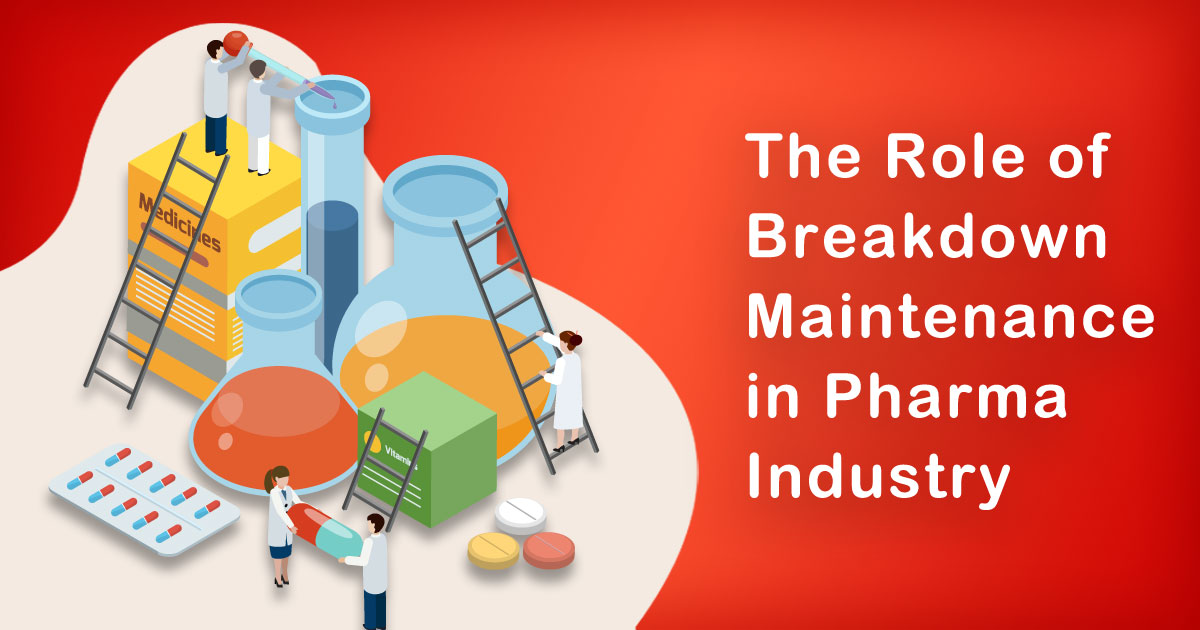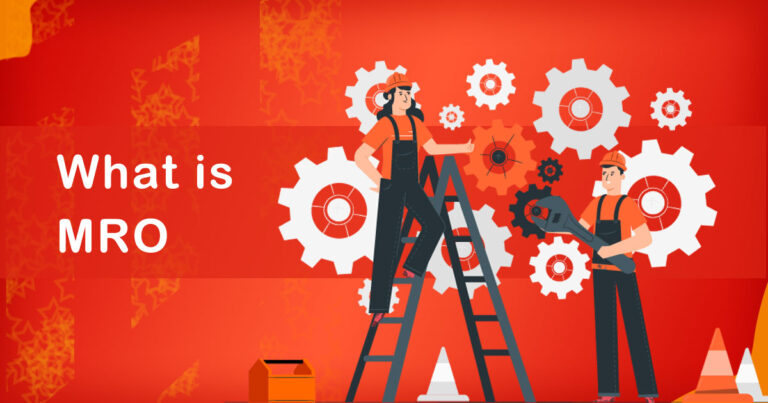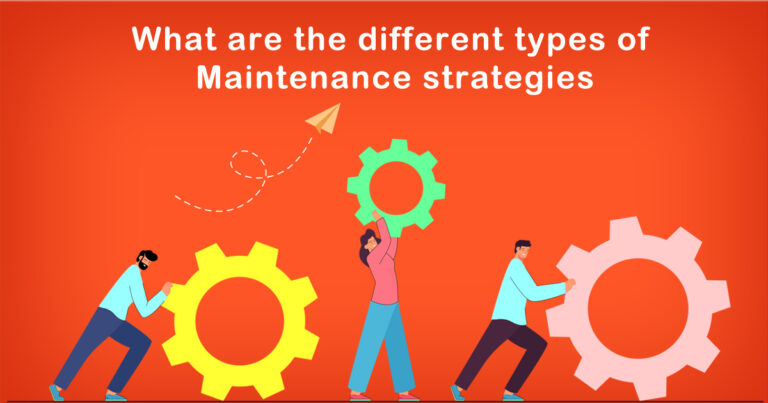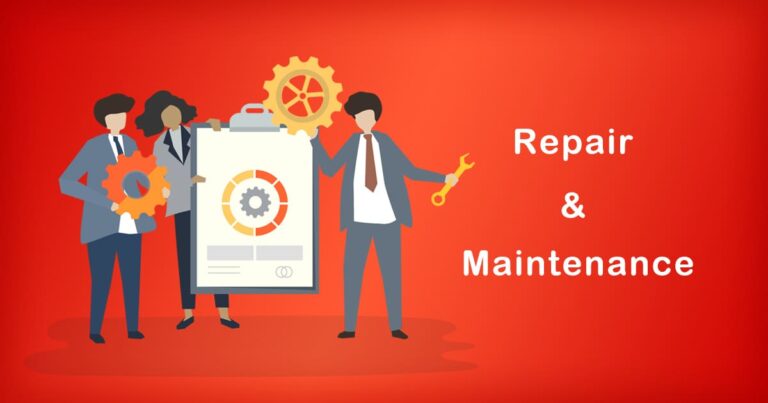Introduction
In the ever-evolving world of the pharmaceutical industry, where precision, safety, and quality are paramount, the smooth operation of manufacturing facilities and equipment is crucial. However, breakdowns and equipment failures are an inevitable reality that can disrupt production, impact product quality, and potentially jeopardize patient safety. This is where breakdown maintenance plays a vital role. In this article, we will explore the significance of breakdown maintenance in the Indian pharmaceutical industry, backed by research and facts, highlighting its importance in ensuring operational excellence and quality assurance.
Minimizing Downtime and Production Losses
Downtime due to equipment breakdowns can have severe implications in pharmaceutical manufacturing. According to a survey conducted by McKinsey, unplanned downtime can cost pharmaceutical companies as much as $5 million per day. Breakdown maintenance focuses on promptly addressing equipment failures, minimizing production interruptions, and reducing financial losses. By adopting a reactive maintenance approach, pharmaceutical companies can quickly restore functionality, ensuring uninterrupted production and meeting supply chain demands.
Ensuring Compliance with Regulatory Standards
The pharmaceutical industry is heavily regulated, with strict quality standards and compliance requirements. Equipment failures can compromise product integrity and regulatory compliance, potentially leading to recalls, fines, and damage to the company’s reputation. Breakdown maintenance plays a crucial role in preventing such incidents by swiftly identifying and rectifying equipment malfunctions. By promptly addressing breakdowns, pharmaceutical companies can maintain adherence to regulatory standards, ensuring the production of safe and high-quality medications.
Enhancing Equipment Longevity and Cost Efficiency
Investing in pharmaceutical manufacturing equipment is a significant capital expenditure. Breakdown maintenance, although primarily reactive, can contribute to equipment longevity and cost efficiency. Promptly addressing breakdowns can prevent further damage to the equipment, reducing the need for costly repairs or premature replacements. By extending the lifespan of critical machinery, pharmaceutical companies can optimize their capital investments and improve overall cost efficiency.
Safeguarding Patient Safety and Product Quality
Patient safety and product quality are of utmost importance in the pharmaceutical industry. Equipment failures can introduce contaminants, affect dosage accuracy, or compromise product sterility, potentially posing serious risks to patients. Breakdown maintenance ensures that equipment is promptly repaired, calibrated, and validated to meet the required quality standards. By maintaining equipment in optimal working condition, pharmaceutical companies can safeguard patient safety and uphold product efficacy and reliability.
Implementing Predictive Maintenance Strategies
While breakdown maintenance focuses on reactive repairs, it can also pave the way for more proactive maintenance strategies. By analyzing breakdown data, pharmaceutical companies can identify recurring issues, root causes, and patterns of equipment failures. This data-driven approach enables the implementation of predictive maintenance strategies, which can help prevent breakdowns through timely inspections, preventive repairs, and component replacements. By transitioning from reactive to predictive maintenance, pharmaceutical companies can further optimize their maintenance practices and minimize equipment failures.
Conclusion
In the Indian pharmaceutical industry, where precision, quality, and compliance are critical, breakdown maintenance plays an indispensable role in ensuring operational excellence and quality assurance. By minimizing downtime, maintaining regulatory compliance, enhancing equipment longevity, and safeguarding patient safety, breakdown maintenance contributes to the overall success and reputation of pharmaceutical companies. Leveraging the power of data and analytics, pharmaceutical manufacturers can transition from reactive to predictive maintenance strategies, further improving their operational efficiency. With an unwavering commitment to maintenance excellence, the Indian pharmaceutical industry can continue to deliver safe and effective medications to patients around the world.








